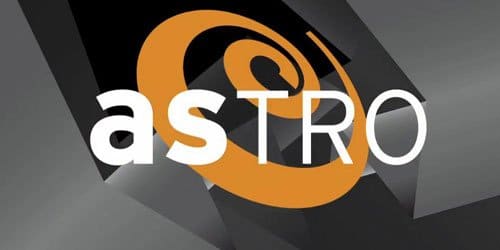
Below is the memory released by Star following the hearing held in the Senate Finance Committee on the online gaming reorganization decree: "Honorable members of the Commission, first of all, thank you for the opportunity offered to us to bring to your attention the considerations of this Association on the so-called reorganization of the regulatory frameworks for public remote gaming. The implementing decree of the Fiscal Delegation that we are commenting on has already been the subject of evaluation in previous comparison forums. To save time, we are omitting the important considerations relating to the particular onerousness of the costs of participating in the tender for the concession of remote public gaming, unparalleled in Europe, and the impacts on small and medium-sized Italian companies present in the sector, destined to conclude their experience with a consequent reduction in employment and the incomes of their families.
A choice was made oriented towards a concentrated market that tends to be made up of larger companies, which will inevitably lead to repercussions in terms of employment. Furthermore, the decree also intervenes on the distribution models consolidated in recent years and recognized up to now by the current regulation. Over time, in fact, a model has established itself based on the diffusion of the gaming offer through tools connected and derived from the technologies of the concessionaires, the so-called skins, and another based on the convergence between the physical and online channels through the activities permitted to the so-called " top-up sales points" in matters ancillary to the gaming offer, prohibited in such locations, such as top-up of gaming accounts, assistance for signing contracts and handling of accounts.
Both of these models, which have favored a notable reduction in illegal gaming in recent years, as well as guaranteed profitability to entities specifically established or engaged primarily in other activities, are canceled (the skin model) or significantly scaled down (the PVR model) by the new rules. The fundamental reflection on these choices can only concern the reasons behind them. The strong concern, that is, that through these channels illegal phenomena find fertile ground in the intermediation of the gaming offer and/or in the laundering of capital. We would not like such an approach to forget which and how many control tools the technology of the dealers and SOGEI makes available to intercept anomalous behavior in a sector in which transactions are all traced, so that the illegal operator has an easier time exercising their activity outside the controlled circuits, as do those who offer gaming on behalf of bookmakers without a license or by setting up data transmission centers.
We do not want to deny the need for stringent controls on the distribution models described, but we believe that a model that provides for a limited number of skins for each concession, even for a fee, would not have raised those risks that the excessive use of the instrument in the past has led to the assumption, avoiding the possible transfer to illegal gaming, and without negative effects on the revenue expected from the future competition. Similarly, for the distribution model based on the so-called PVRs, it is clear that the relevant dealers have all the tools to verify and report anomalous operations, both in terms of illegal behavior and social danger linked to forms of addiction. The rule provides for the prohibition of withdrawals from the account and the limitation of the use of cash also for top-ups to 100 euros per week per customer. It probably goes without saying that transactions on gaming accounts are all tracked and, therefore, detectable also with reference to intermediation phenomena (fictitious accounts used for gaming or laundering). And, consequently, it is easier for the illegal operator to move outside the marked routes. Nor does it need to be underlined that it is presumable that a potentially significant percentage of the businesses expelled from the regular circuit will increase the illegal area. This phenomenon would only be minimally excluded from the necessary implementation of the ban on payments for "cross border" gaming activities. Of course, the contradiction of limiting the use of cash in a country where the use of cash has recently been raised to 5.000 euros appears jarring. How contradictory a strong limitation on the use of cash for a fully traced activity appears, which risks fueling illegal and uncontrollable flows. A rethink on these aspects would be highly desirable and would avoid the expulsion of approximately 20.000 businesses from the sector, as foreseen by the MEF in the report accompanying the decree".
In addition to the above memorandum, we also report below the joint memorandum signed by Acadi, AsTro, EGP-Fipe and Sapar:










